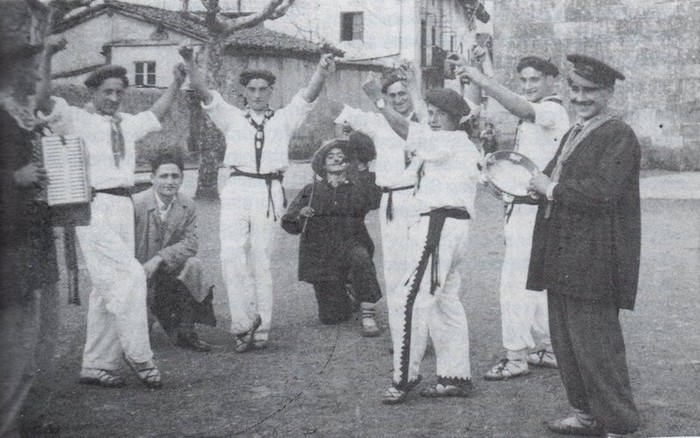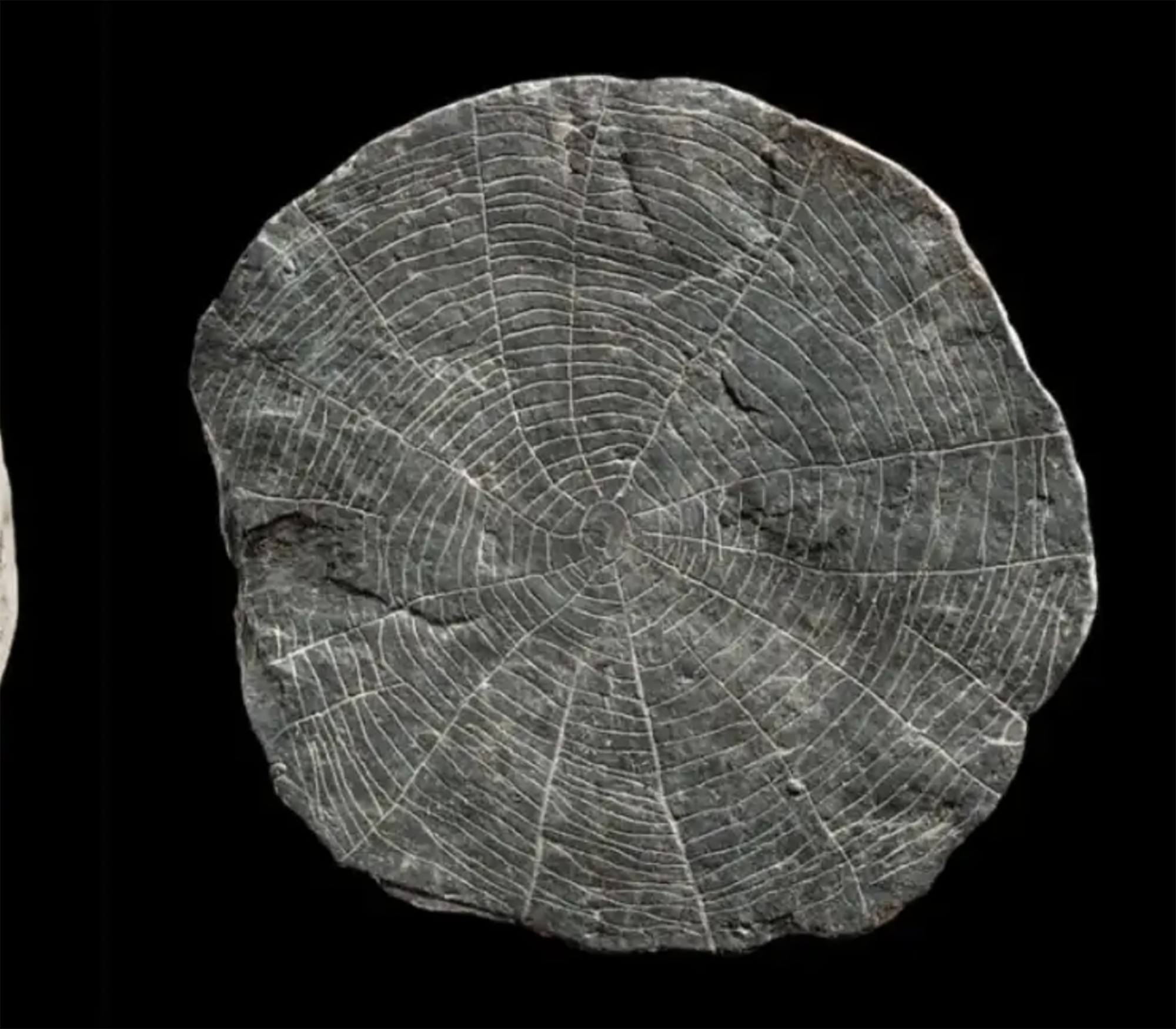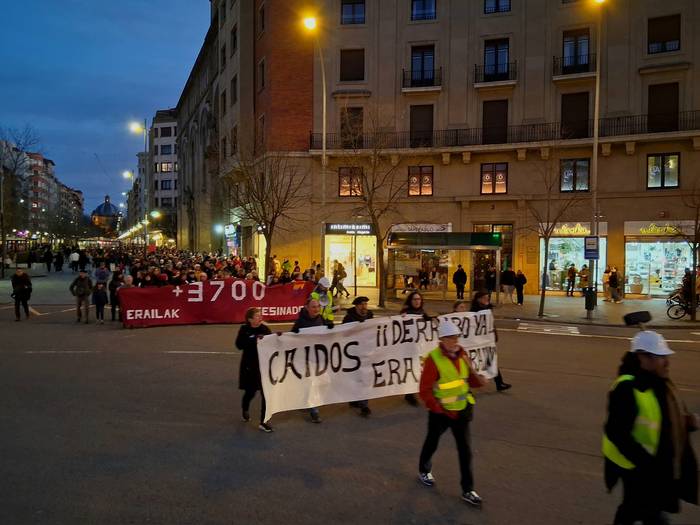Europe Summit and China Revenge

The Industrial Revolution was one of the key moments in human history, as was the Neolithic Revolution, which definitely changed our destiny. This process, in the mid-eighteenth century, liberated the economic and social forces that had been chained up until then. For example, despite the low growth of the world ' s population for centuries and centuries, the last 200 years have increased to eight times.
The causes of this revolution have been one of the most important issues in historiography. It appeared that at that time the scientific-technical development of China, Japan and the Islamic world was similar to that of Europe. So why did the Industrial Revolution occur in Europe? And above all, why in England? Classical Eurocentric explanations have indicated that the process was conditioned by cultural and political reasons. For example, they focus on European free organisations against Asian despotic regimes or on the work ethics of Protestant Christians. Factors such as entrepreneurship, individual freedom and the strengthening of private property. On the contrary, critical authors such as Marks have highlighted other factors such as the predominance of the British Empire in the Atlantic maritime trade or the ability to buy cheap cotton in the American colonies through a slave labor force. And also a simple chance. Deforestation caused a shortage of wood in Britain. It was therefore replaced by an easily accessible coal in underground mines. Coal has more caloric power than wood, so they were better at starting the machines or working iron.
The fact is that, as a result, Europe gained advantages and economic dominance. In the following years, the Western powers took over the world. That is, capitalism germinated modern imperialism. In the 19th century the Chinese Empire did not want to sign any harmful trade agreement with the European powers. This attitude triggered the Opium wars. Britain sent the Nemesis steam to China, a modern iron boat with state-of-the-art guns. This industrial technology crushed the Chinese wooden boats, known as Juno, and the imperialists easily won the war. This forced China to sign a humiliating treaty that forced it to open its seaports and facilitate trade for Europeans. Since then, the economic situation in China has become dependent and semi-colonial.
But in recent years things have changed. Since World War II, the Chinese economy has undergone enormous development. Consequently, it has overcome the ditch that opened up in the era of imperialism and is being imposed on the West, if it has no longer adopted it. We could say that, to some extent, the parenthesis that the Industrial Revolution created in the world is lagging behind.
Judea, 2nd century AD. In the turbulent atmosphere of the Roman province, a trial was held against Gaddaliah and Saul, accused of fraud and tax evasion. The trial was reported on a 133-line paper in Greek (pictured). Thinking that it was a Nabataean document, the papyrus was... [+]
Poloniar ikerlari talde batek Sevillako Italica aztarnategiko Txorien Etxea aztertu du, eta eraikinaren zoruko mosaikoak erromatar garaiko hegazti-bilduma xeheena dela ondorioztatu du.
Txorien etxean 33 hegazti daude mosaikoetan xehetasun handiz irudikatuta. Beste... [+]
Archaeologists have discovered more than 600 engraved stones at the Vasagård site in Denmark. According to the results of the data, dating back to 4,900 years ago, it is also known that a violent eruption of a volcano occurred in Alaska at that time. The effects of this... [+]
Vietnam, February 7, 1965. The U.S. Air Force first used napalma against the civilian population. It was not the first time that gelatinous gasoline was used. It began to be launched with bombs during World War II and, in Vietnam itself, it was used during the Indochina War in... [+]
I just saw a series from another sad detective. All the plots take place on a remote island in Scotland. You know how these fictions work: many dead, ordinary people but not so many, and the dark green landscape. This time it reminded me of a trip I made to the Scottish... [+]
Japan, 8th century. In the middle of the Nara Era they began to use the term furoshiki, but until the Edo Era (XVII-XIX. the 20th century) did not spread. Furoshiki is the art of collecting objects in ovens, but its etymology makes its origin clear: furo means bath and shiki... [+]



















